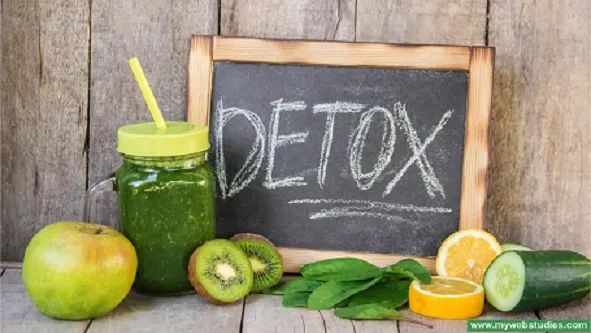ByOnlinecourses55

What occurs in the body when we do a detox diet - nutrition detox
The caloric restriction proposed by most of these diets causes a decrease in the body's defenses and this is reflected in a greater susceptibility to infection. It is common that at the end of a detox diet, the person acquires, at least, a cold.
During the "detox" a lower amount of protein is usually ingested than the body needs, hence they represent a special risk for older adults because of the possibility of accelerating sarcopenia, i.e., the loss of muscle tissue that occurs with age and leads to a corresponding increase in body fat. For this reason, Dr. Richard L. Shriner, of the University of Florida, recommends that older adults who wish to lose weight consume a diet with a maximum of 60 grams of carbohydrates and more than 80 grams of protein per day.
Most of these diets warn that, as part of the detoxification process, the person may suffer from headaches, nausea, fatigue, anxiety and insomnia. These clinical manifestations experienced by most dieters occur precisely when there is a deficiency of energy in the body. They are due more to caloric restriction than to the supposed elimination of toxins from the body. In addition, fasting promotes the secretion of cortisol -popularly known as the stress hormone- which increases appetite, generating a rebound effect on the scale after the "detox".